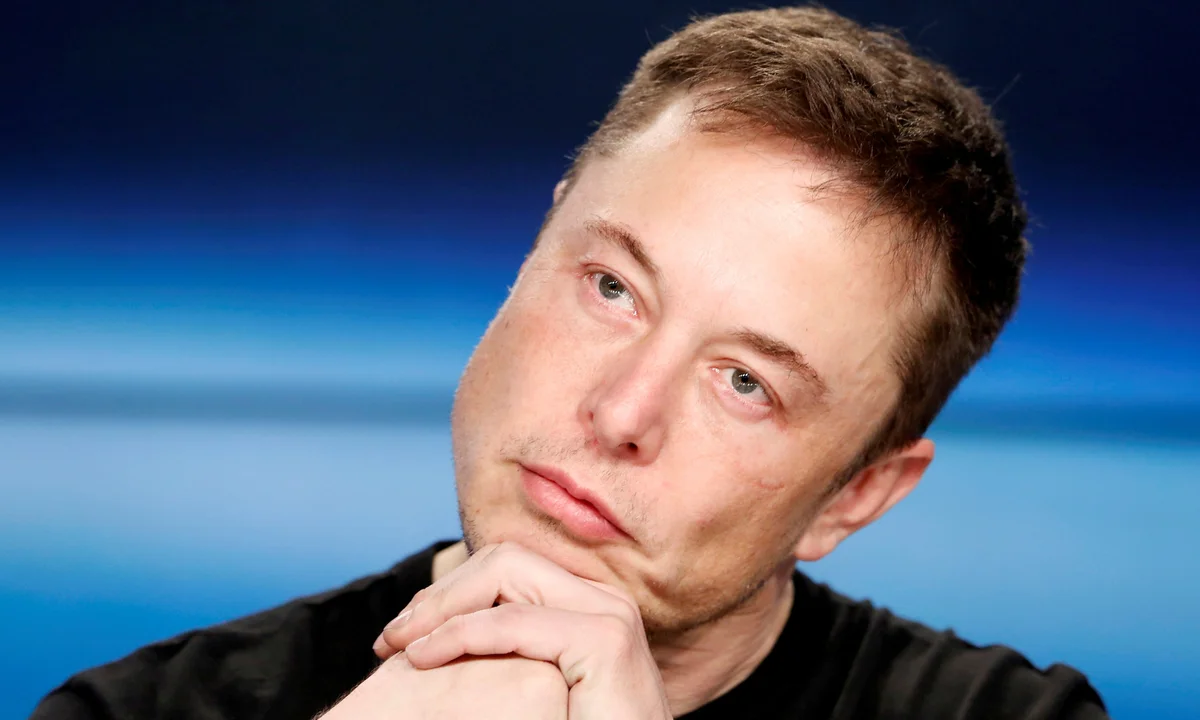
Introduction
Elon Musk, CEO of Tesla and SpaceX, has once again stirred public debate with his recent claim that employees at the Department of Government Efficiency (DOGE) work an astounding 120 hours per week. He referred to working weekends as a “superpower,” implying that those who work standard 40-hour weeks are at a disadvantage. While some praised Musk’s work ethic and vision, others criticized the unrealistic demands and potential negative effects on mental and physical health.
This statement has added fuel to the ongoing debate about work-life balance, particularly after similar remarks from Indian business leaders like Infosys co-founder Narayana Murthy and L&T chairman SN Subrahmanyan.
Elon Musk’s Controversial Statement
Musk made the bold claim on his social media platform X (formerly Twitter), stating:
“DOGE is working 120 hours a week. Our bureaucratic opponents optimistically work 40 hours a week. That is why they are losing so fast.”
He further emphasized that most bureaucrats do not work on weekends, which he believes weakens their efficiency. According to Musk, putting in extra hours is a competitive advantage, making DOGE more effective in its mission.
His remarks have triggered a wave of reactions, with some praising his dedication while others see it as an example of extreme work culture.
Public Reaction and Criticism
Musk’s claim has drawn mixed reactions across social media platforms. While some admire his intense work ethic, others have called out the impracticality and ethical concerns of such long working hours.
Concerns About Overwork
Many users on X highlighted the negative consequences of extreme working hours:
- Physical and Mental Health Risks: Long working hours can lead to burnout, anxiety, and sleep deprivation.
- Legal Issues: One user pointed out that working such long hours in government roles could violate labor laws and workplace safety regulations.
- Work-Life Balance: Critics questioned how employees could maintain personal relationships and family time under such extreme conditions.
One user wrote:
“How does a 120-hour workweek fit with family life? No time for kids, partners, or even self-care.”
Another compared Musk’s statement to unrealistic expectations in the tech industry:
“The worst part of tech culture is overworking employees while underpaying them, then firing them when convenient.”
Support for Musk’s Work Culture
Not everyone disagreed with Musk. Some users praised him and his employees for their dedication, comparing him to Napoleon and calling him a visionary leader.
One supporter wrote:
“Musk has a genius intellect, dragon energy, and a prodigious work ethic. DOGE will transform the government.”
The Ongoing Debate on Work Hours
Musk’s remarks come amidst a broader debate on the ideal workweek length. Recently, Indian entrepreneur Narayana Murthy suggested a 70-hour workweek, and SN Subrahmanyan recommended 90-hour weeks, both sparking strong reactions.
There are currently two opposing views on work hours:
- Pro-Long Hours Camp: Business leaders who believe working longer hours leads to success and economic growth.
- Work-Life Balance Advocates: Employees and labor experts who argue that productivity depends on efficiency, not excessive hours.
Comparison of Workweek Standards
| Work Culture | Typical Work Hours Per Week | Key Beliefs |
| Standard Workweek | 40-45 hours | Balanced productivity and well-being |
| Narayana Murthy’s View | 70 hours | More work leads to national progress |
| SN Subrahmanyan’s View | 90 hours | Hard work accelerates success |
| Elon Musk’s DOGE | 120 hours | Extra effort wins the competition |
Work Hours vs. Productivity: What Experts Say
Workplace studies suggest that productivity does not always correlate with longer hours. Key findings include:
- Efficiency Peaks at 40-50 Hours: Research indicates that working beyond 50 hours a week leads to diminishing returns.
- Burnout Reduces Performance: Long hours increase stress, fatigue, and mental exhaustion, reducing overall productivity.
- Strategic Thinking Matters: A productive workweek is not about hours alone but also about focus, efficiency, and decision-making skills.
A tech professional on X summed it up:
“It’s the quality of work, not the quantity of hours, that determines success.”
The Future of Work: Finding a Balance
With increasing automation, AI, and flexible work options, the future of work is shifting. Companies are experimenting with alternative work models, including:
- 4-Day Workweek: Studies show that reducing hours improves productivity while maintaining work quality.
- Hybrid Work Models: Employees split their time between remote and in-office work for better balance.
- Output-Based Performance: Many firms now focus on achievements and efficiency rather than raw hours worked.
As debates continue, the key question remains: Is working longer truly the path to success, or does smarter work deliver better results?
Conclusion
Elon Musk’s 120-hour workweek claim has intensified discussions on work culture, productivity, and employee well-being. While some admire his commitment, others question the ethics and feasibility of such extreme hours.
The debate highlights the ongoing struggle between traditional hard work values and modern work-life balance principles. Ultimately, the future of work will likely be shaped by a mix of efficiency, technology, and sustainable work practices.
Whether one agrees with Musk or not, one thing is clear: the conversation about work hours and productivity is far from over.







